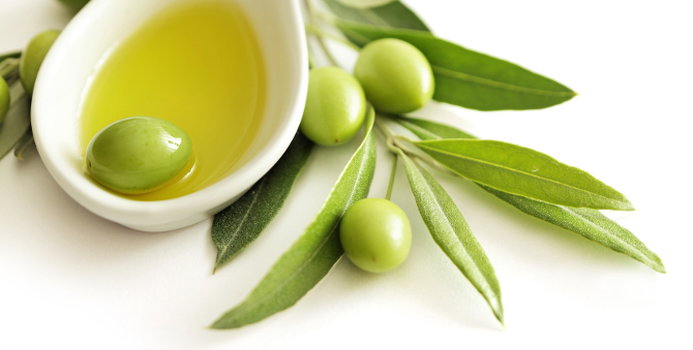Olive oil is used in daily cooking across the country and for good reason. Olive oil is a versatile oil that can be delicious on its own or in a number of recipes. Choosing the right olive oil is often where we face a challenge. The numerous brands of olive oil out on the market bring with it confusion on which varieties are best to choose. Below we uncover the facts and myths of this beloved oil.
MYTH: All olive oil brands are the same.
It is easy to assume the quality of olive oil wouldn't vary much brand to brand, but this is a large concern when purchasing olive oil. Unfortunately, some oils labeled 100% olive oil may actually contain other oils that are less expensive to help cut cost. As of now, there are no strict guidelines on olive oil claims as there is with other food products. Be sure to research the brand and company that you purchase the olive oil from to ensure its quality. The International Olive Council and USDA have done research uncovering many of the popular brands that do not fit the standards for being a quality olive oil.
FACT: The color of the bottle will make the olive oil last longer.
Another key way to help your olive oil last longer is by choosing a olive oil that comes in a dark glass bottle. Avoid clear glass or plastic bottles. Storing the olive oil in a dark glass bottle helps minimize the oil's exposure to light and helps keep it fresh longer. Olive oil should also be stored in a dark area to limit light exposure as well.
FACT: Olive oil should not be used in high heat cooking.
When it comes to using olive oil, it is recommended to be used primarily for cold salads and low to medium heat cooking. Extra virgin olive oil has a smoke point at 410 degrees, the temperature at which the oil can denature and possibly develop toxic compounds.
MYTH: Olive oil is a healthy fat, so feel free to consume as much as you want.
Olive oil is classified as an unsaturated fat and is popular choice since it can improve blood cholesterol levels and reduce inflammation. Its chemical composition categorizes olive oil as a fat and weighs in at 9 calories per gram, much more than carbohydrates and protein. One tablespoon of olive oil is roughly 120 calories so whether it be adding into a salad or drizzling it onto meats, be sure to account for the portion size.
The Nutrition of Clams
Kristen Bourque, RD, LD has been writing health-related articles since 2000. Her nutrition articles and recipes have been featured in "Today's Dietitian" as well as the Canadian magazine "Glow". Kristen combines her love of nutrition with cooking on her personal blog, Swanky Dietitian.




